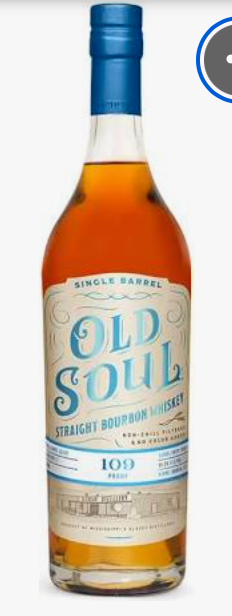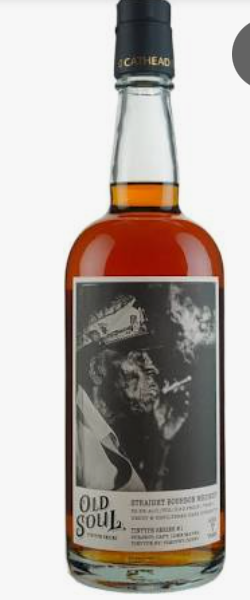Austin Evans
River, Rub, and Rhythm
When Austin Evans first fell in love with the South’s music and taste, it was not with the aim of founding a distillery. It began in rooms and on porches: college gatherings, blues festivals, and late-night conversations, where the kind of company that keeps time with a guitar also appreciates a good drink. Evans graduated from the University of Alabama and, after a stint living in South Carolina, returned to Mississippi with a friend and a stubborn idea: to make spirits rooted in place and in music.
It was then, in 2008, when the seed of what was to be Cathead Distillery took root, at the Sunflower Blues Festival in Clarksdale, Mississippi. There, Evans and his future co-founder Richard Patrick sat among fans and players and began to imagine a brand that would honor Mississippi’s blues tradition as readily as it would make vodka and whiskey. By 2010, their plan had hardened into a business: Cathead Distillery opened its doors in Jackson and, in doing so, became the first legal distillery in Mississippi since the end of Prohibition, a small, emblematic act of cultural and regulatory change. That founding moment tells two stories at once: one about two friends chasing craft and community; the other about a state reclaiming a piece of local industry and identity. In the early years Evans and Patrick were scrappy and inventive. They leaned into the sensibility that inspired the name “cathead,” a term of respect in music circles, and poured it into everything from product design to festival sponsorship. Their first products were vodkas: clean, six-times-distilled spirits that could carry flavor without losing character. They added flavored vodkas, a barley whiskey, and later gin and liqueurs; each release read like a small note in an ongoing conversation between recipe and place. Cathead’s bottles and promotions kept one foot in the music world and the other in craft spirits, and the brand’s popularity grew as Mississippi’s cultural life found a physical home on Farish Street in downtown Jackson.
(L) Cathead’s modern bar area
(below) Cathead Distillery’s Farish Street Storefront, Jackson, Mississippi
Evans’ approach to business has always been practical and community-first. From the shop-front hospitality of tours and tastings to collaborations with local musicians and nonprofits, Cathead became less like a factory and more like a neighborhood node, a place where local musicians play, where festival crowds gather, and where a product’s provenance matters. That community orientation manifested most visibly in Cathead Jam, the music festival that takes place on distillery grounds and brings national and regional acts into conversation with Jackson’s local scene. The festival speaks to the founders’ conviction that spirits and music can co-create a cultural ecosystem: an economy of attention and support that circulates back into the city.
Over the last decade, Cathead’s growth has been steady rather than meteoric. The brand built recognition through awards, distribution in select markets, and a reputation for flavor-driven vodkas and small-batch whiskeys. Evans has talked publicly about the importance of knowing your market, of respecting the craft while learning the business, and of investing in partnerships that amplify rather than dilute local identity. The distillery’s public voice is less about persona and more about the project: making good products, supporting musicians, and helping Jackson be a place people want to visit.
There is no reliably documented, verifiable information about Evans having a spouse or children. As of this writing, Evans’ immediate family details are intentionally being kept private, or do not exist. What remains, in any case, is the visible arc of a company and a co-founder who helped change the map of Mississippi’s spirits industry. Cathead’s story is anchored in a regional sensibility — blues music, festival culture, and a downtown address, but its lessons are broader: start with what you love and make work what serves a place. For Austin Evans, the safe measure of success seems less about national headlines than about a distillery that hosts concerts, bottles local flavor, supports neighbors, and keeps the music playing on the corner of Farish Street. In the end, what is left is a small, stubborn distillery whose heart is as much in the rhythm of the city as it is in the rub of a still’s boiler.
Sources
Cathead Distillery/Our Story official website, catheaddistillery.com
Jackson, Mississippi Chamber of Commerce podcast, “Soul Sessions Podcast: Austin Evans and Richard Patrick,” www.visitjackson.com
WLBT-TV, Jackson, Mississippi, Feature on Cathead’s Founding, www.wlbt.com
Contributed by Tracy McLemore, Fairview, Tennessee








